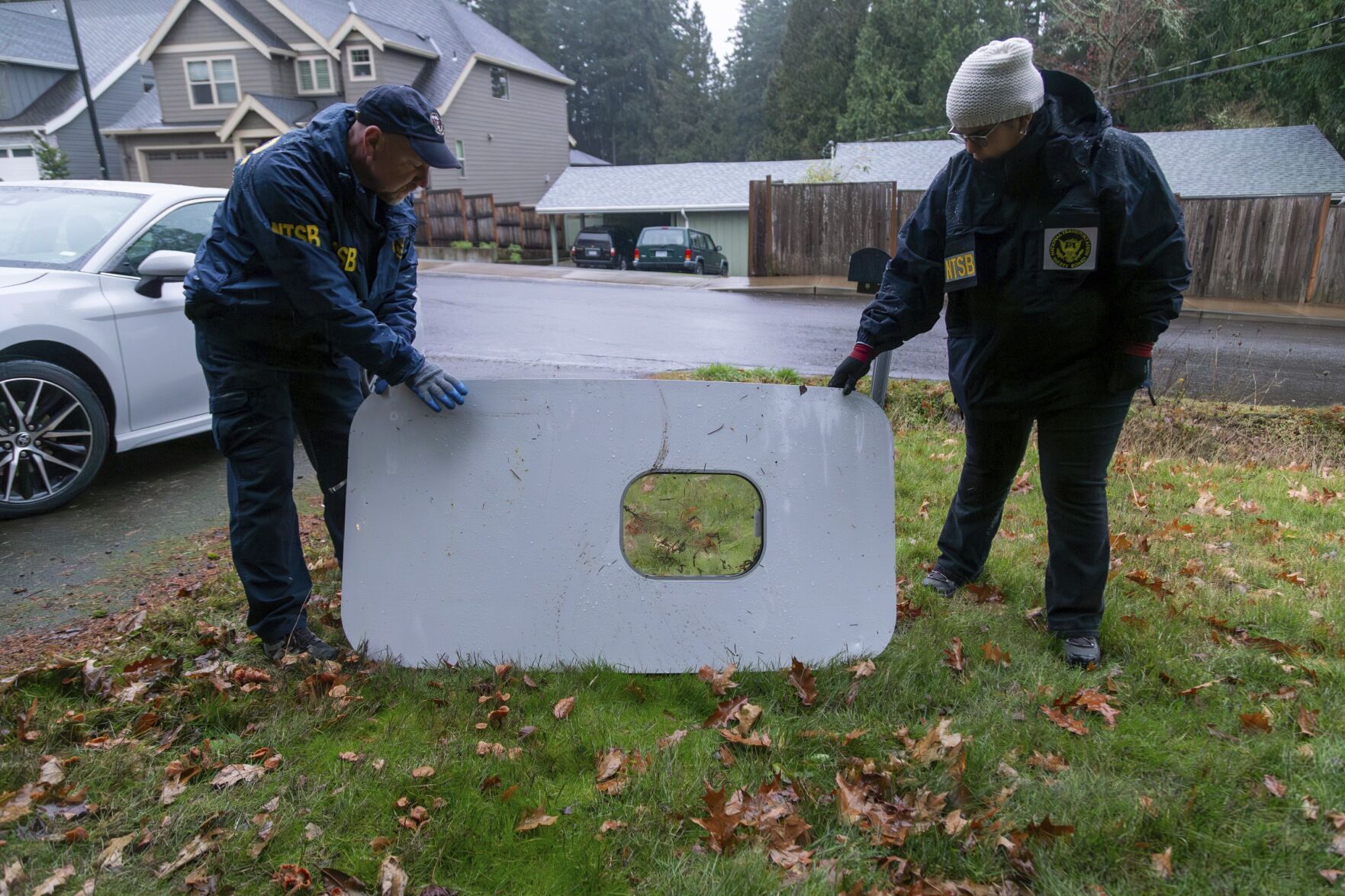The Federal Aviation Administration’s chief, Mike Whitaker, has called for a “fundamental cultural shift” at Boeing to prioritize safety and quality over profits, following a panel blowout on a 737 Max aircraft.
Boeing still needs a culture change to put safety above profits, according to the head of the FAA

Key Takeaways:
- FAA Administrator Calls for Cultural Change at Boeing
- 737 Max Panel Blowout Incident Sparks Increased Oversight
- FAA Implements Stricter Regulations and Inspections
- Boeing Takes Steps to Improve Safety and Quality
- Ongoing NTSB Investigation into Aircraft Incident
FAA Chief Calls for Cultural Shift at Boeing
A year after a panel blew out of a Boeing 737 Max during flight, Federal Aviation Administration (FAA) Administrator Mike Whitaker is calling for a “fundamental cultural shift” at the aerospace giant. He urges Boeing to put safety and quality above profits to prevent future incidents and ensure the well-being of passengers and crew.
Incident Sparks Increased Scrutiny
The catalyst for Whitaker’s call was an incident involving an Alaska Airlines 737 Max, where a door plug panel blew out mid-flight, leaving a gaping hole in the side of the aircraft. Despite the alarming situation, pilots managed to land the plane safely in Portland, Oregon, with no serious injuries reported. Preliminary investigations by the National Transportation Safety Board (NTSB) revealed that bolts meant to secure the panel were not replaced following factory work at Boeing.
FAA’s Response to Safety Concerns
In the aftermath of the incident, the FAA took decisive action. Last January, Whitaker grounded all 737 Max jets equipped with similar door plug panels. The agency also increased the number of inspectors in Boeing factories, limited the production of new 737s, and mandated that Boeing develop a plan to rectify manufacturing problems. “What’s needed is a fundamental cultural shift at Boeing that’s oriented around safety and quality above profits,” Whitaker stated in an online post. “That will require sustained effort and commitment from Boeing, and unwavering scrutiny on our part.”
Boeing’s Steps Toward Improvement
Responding to regulatory pressure, Boeing has initiated several measures aimed at enhancing safety and quality. The company released an update detailing efforts to address employee concerns, reinforce confidentiality protections, and strengthen training programs for mechanics and quality inspectors. Boeing has also updated systems to display the names of employees performing metal-stamping work, promoting accountability. Additionally, the company reported it has “significantly reduced defects” in 737 fuselages produced by Spirit AeroSystems, a key supplier that Boeing is in the process of acquiring for $4.7 billion.
Ongoing Investigations and Oversight
The NTSB continues to investigate the door-plug blowout incident to determine underlying causes and prevent future occurrences. While Boeing works on implementing its comprehensive plan, Whitaker acknowledges that the FAA must also improve its oversight. “This is not a one-year project,” he noted, emphasizing the long-term commitment required from both the regulator and the manufacturer. “We will review any recommendations that the safety board makes to improve FAA’s oversight work.”
FAA’s Self-Reflection
Whitaker admitted that the FAA’s previous scrutiny of Boeing “wasn’t good enough,” indicating a need for the agency to enhance its regulatory practices. With his impending departure in two weeks to allow President-elect Donald Trump to appoint a new FAA administrator, Whitaker’s parting focus remains on ensuring that both Boeing and the FAA commit to putting safety at the forefront.
Looking Ahead
As Boeing endeavors to rebuild trust and reinforce its commitment to safety, the aviation industry watches closely. The collaboration between the FAA and Boeing in implementing these changes is crucial for the future of aircraft manufacturing and passenger confidence. The sustained efforts promised by both parties aim to ensure that safety and quality are never compromised in the pursuit of profits.











